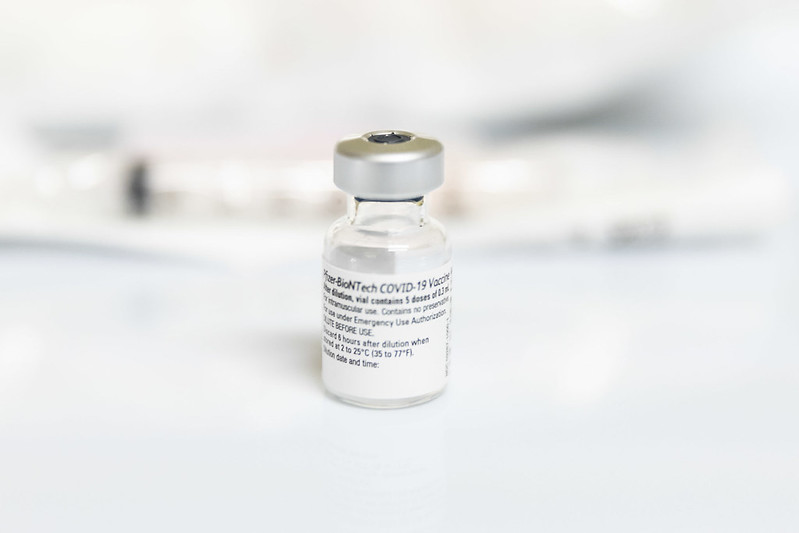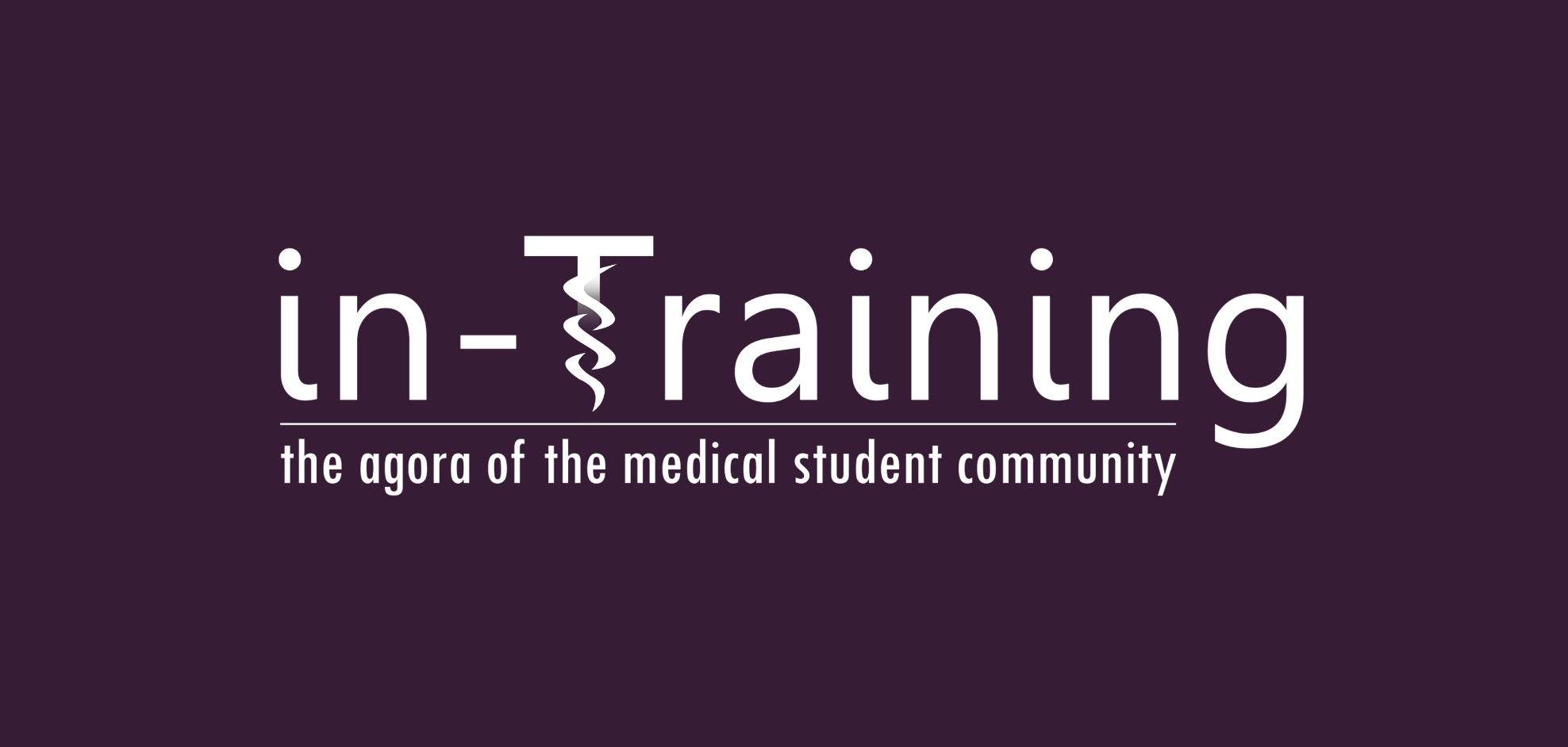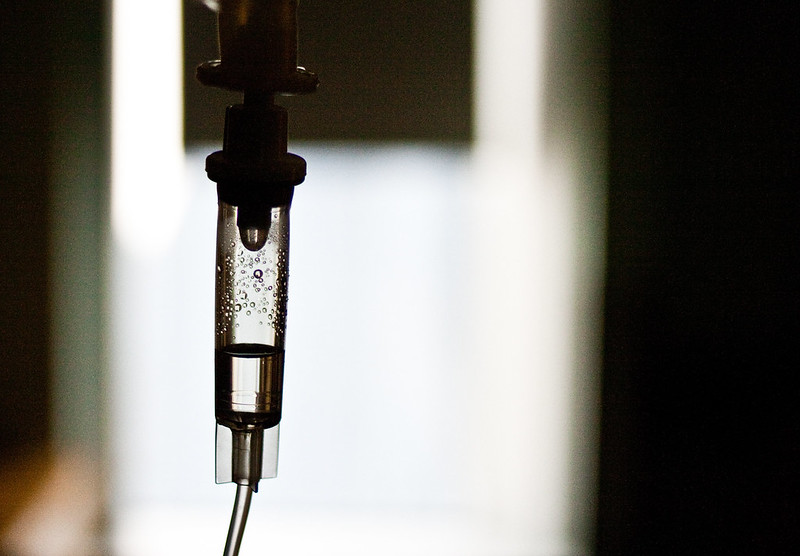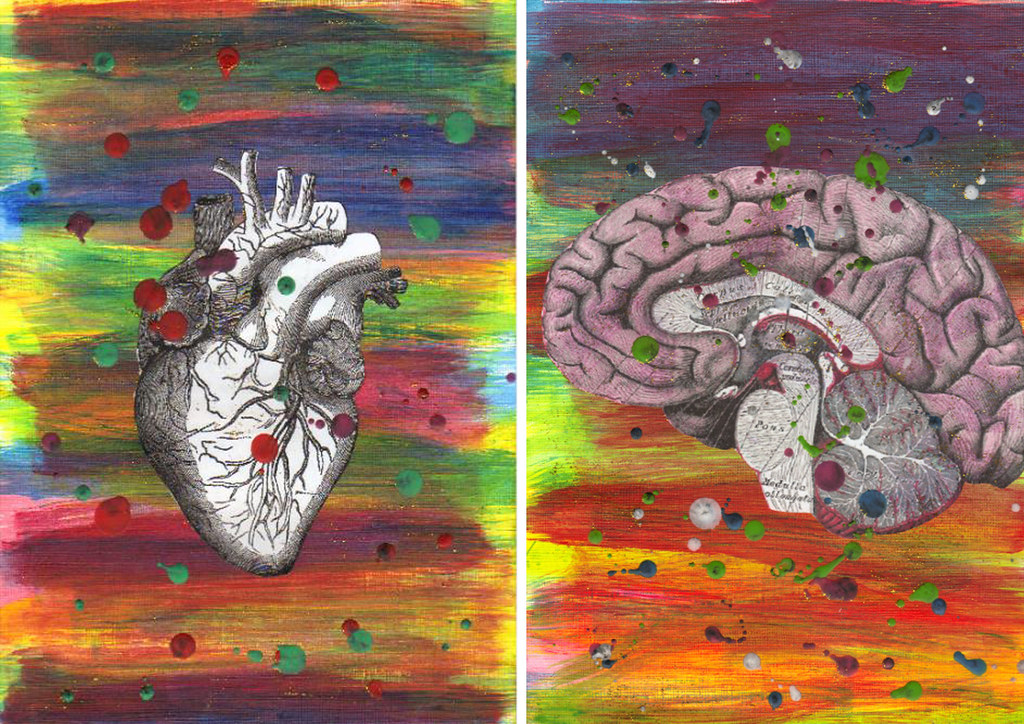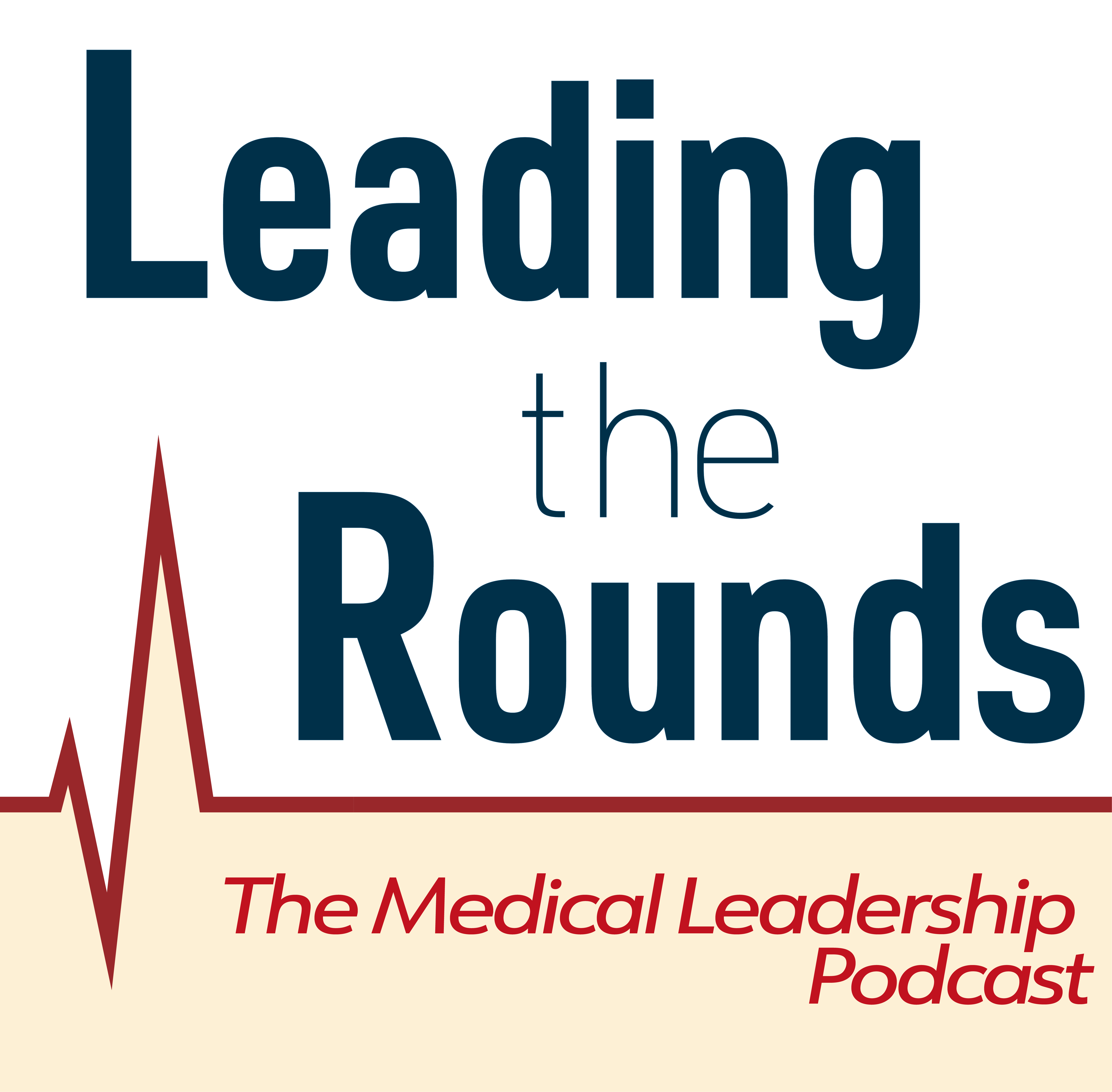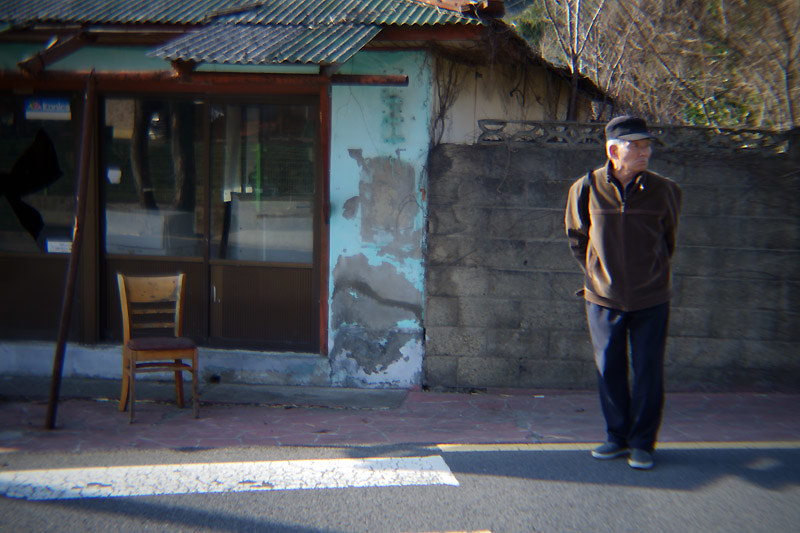Health, Identity and History: Vaccine Hesitancy Among Minority Groups in the COVID-19 Pandemic
With the development and distribution of the COVID-19 vaccine and the arrival of the summer season, people are feeling happier and beginning to come out of their homes. It’s clear that there is a growing sense of hope that the pandemic may be approaching its conclusion. However, standing in the way of our pursuit of normalcy is the refusal among some to partake in the vaccine, despite its proven efficacy and safety by experts.


